Calling in vs. calling out
I’ll be honest: it is REALLY hard to write my posts these days. As I sat down this morning to put the finishing touches on my entry for July, I glanced at the headline news. From the Chicago Tribune: “Illinois gun permit applications up 500%.” (No, that is not a typo.) The news every morning is head-spinning.
Here in the U.S., we are not just dealing with the global pandemic; we are dealing with a pandemic that has been politicized, leading to a chaotic and uncoordinated response. Similarly, the economic fallout from the lockdown is being exacerbated by political maneuvering that puts party over policy. And police brutality is coming to light as never before.
There are days when I feel so inadequate for this moment. Who cares about developing higher-level communication skills when other issues are so much more urgent?
And yet… I know that advanced communication skills are essential to effective problem-solving, to developing knowledge and understanding, and to creating viable solutions to seemingly intractable problems. Now more than ever, strong communication skills can help us build an equitable and just society, and a stronger economy for everyone. Our different viewpoints are strengths when we know how to work with them.
Good communication is not just about what we say; it is also about how we reflect on what we say. When I call someone out for a statement that I deem offensive, am I doing this to make the world a better place, or I am doing it to make myself feel good? (I am not talking about racial slurs; I’m talking about being deeply aggrieved by anything from a request to wear a mask to a statement that is just not woke enough.)
Calling out is an act of shaming another, which may provide momentary pleasure to the caller but is rarely effective in changing behavior in the other. Calling in, on the other hand, is an invitation to be part of a learning process. It recognizes the dignity of the other, as well as different frames of reference, and it invites engagement. New understanding changes behavior; shaming does not.
Let us choose to call in others, rather than call them out. How we speak is a choice.
———
Copyright © 2020 Sharon V. Kristjanson. All rights reserved.
Subscribe to our newsletter to see Practical Tips related to every blog-post; only subscribers have access.

